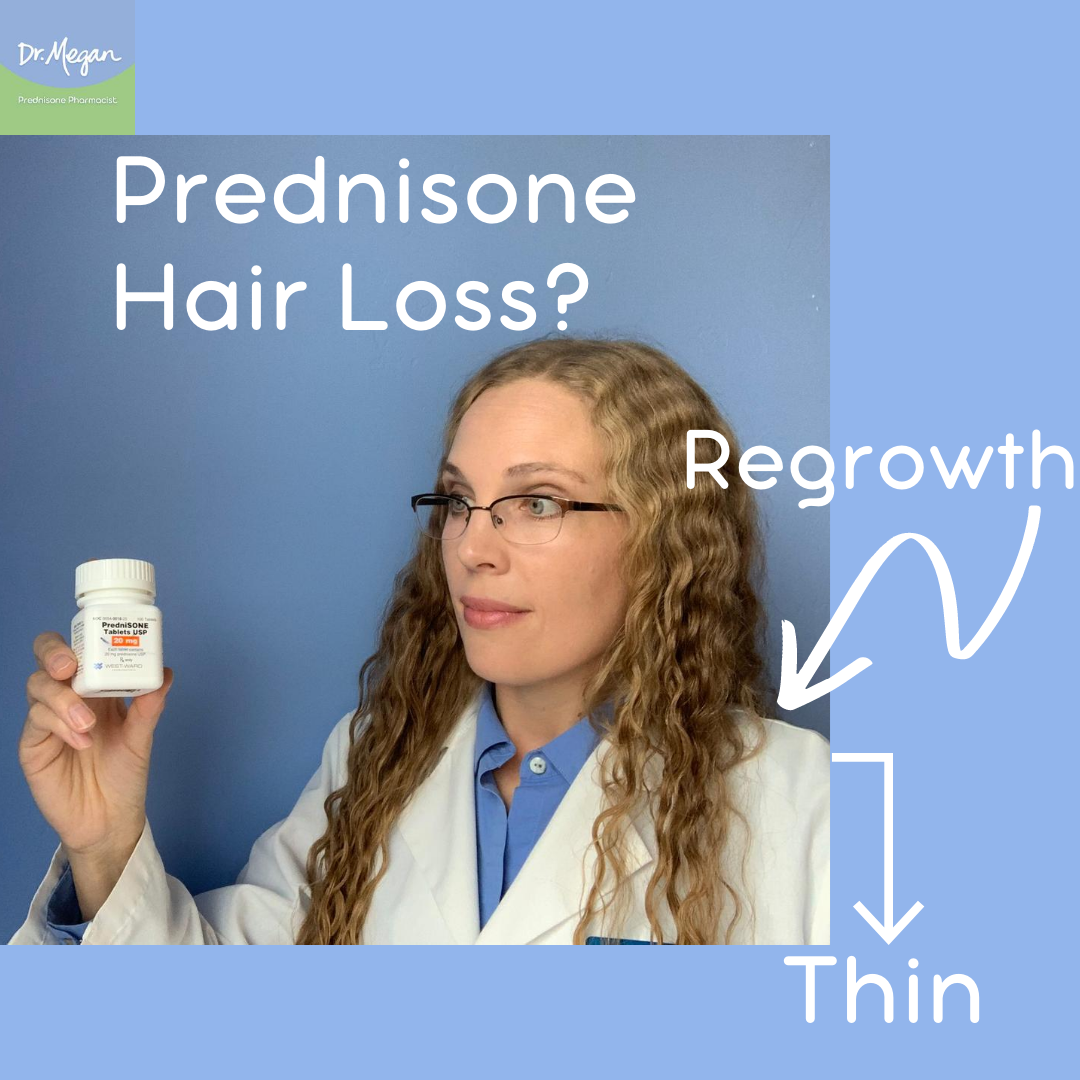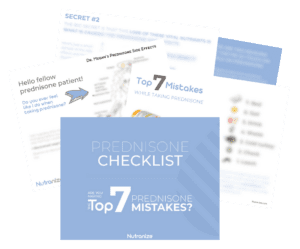Does Prednisone Cause Hair Loss?

Related Posts
-
9+ Supplements to Avoid While on Prednisone
In this article, we will discuss 9+ supplements to avoid while taking prednisone and the... -
10 Nutrients You Need While on Prednisone
Prednisone is a medication commonly prescribed to treat inflammatory conditions such as arthritis, asthma, and... -
3+ Foods to Avoid while on Prednisone
Prednisone is a commonly prescribed medication for a variety of conditions, ranging from autoimmune disorders...

